Part one of our programming series covered general proposal preparation, part two described presentation styles, and part three explained papers, talks, and presentations. Not sure what to present? Consider these perspectives.
On to panels!
Panels are, essentially, small-group discussions of a topic in front of an audience. Successful panels generally feature individuals with differing perspectives, expertise, or opinions, either in discussion (where each panelist’s expertise contributes something unique) or in debate (where the panelists’ opinions diverge significantly).
If, for example, you have:
- two people who have different expertise on a particular topic
- three people who have different opinions about the use of dragons in fantasy
- four people who are all at different points in their publishing careers
- or a big question, like the future of fantasy, and you’d like to host a debate about the genre’s path among knowledgeable people with differing viewpoints
…you might want to organize a panel.
New Submissions Requirement: So that the Sirens vetting board has a preview of how a panel discussion might go, all panelists must, as part of their confirmation of their participation on the panel, submit a supplemental abstract. A supplemental abstract might be a brief, panelist-specific version of the panel abstract itself (demonstrating, for example, the panelist’s views or special expertise that they expect to contribute to the discussion); if the panel submitted discussion questions as its abstract, a supplemental abstract might instead be a response to one or two questions. The vetting board will consider all abstracts for a panel collectively in its review. (Here is our explanation for what an abstract is.) Moderators, take note! You’ll want to share this new requirement with your panelists in advance so that panelists can prepare their supplemental abstracts.
Panels are scheduled in a 50-minute time block, and you should expect to spend most of that time presenting your panel’s discussion. It’s okay to build in some time for audience questions, but the focus of your panel should be the discussion among panelists themselves. (If you prefer to take more audience questions, you might be more interested in presenting a lecture or a roundtable.)
Panels usually consist of 3–4 panelists and a moderator. Panels are best received when they have between three and five total participants (including your moderator). In the past, we’ve typically received negative feedback on larger panels: the audience tends to feel like they don’t get to hear enough from any one panelist, and that they don’t get to hear in-depth discussion among the panelists. Remember, the panel is only 50 minutes long! (That’s why we only give you four slots on the submission form; if you’re certain you need more, you must email (programming at sirensconference.org) to have a panelist added manually.)
The role of the moderator depends on your panel. Some panels have a moderator who is there simply to moderate a discussion. In this role, a moderator is almost like the leader of a roundtable, but moderating the discussion among a few panelists rather than the audience; this kind of moderator offers few or no opinions of her own, but rather focuses on guiding the discussion itself. Alternately, some moderators, often with panel experience, serve as both moderator and panelist, and actively participate in the discussion. We recommend that your panel determine in advance of submitting your proposal what role your moderator will fill.
Regardless of your moderator’s role on the panel, your moderator will serve as your panel’s primary contact for the Sirens programming team. Your moderator will submit the panel and when we have questions or administrative tasks for your panel, we will contact your moderator.
Whether to choose a panel or another presentation format can be a difficult discussion. Panels are best for small-group discussions among experts who bring divergent perspectives, expertise, or opinions to that discussion.
- Perhaps strangely, panels are not great a great format for agreement. If your panelists all wish to agree, or share the same opinions or perspectives, then your topic might be better served as a lecture presented by collaborators.
- Panels are not a great format for spending much time on audience questions. Panels sometimes take a few, but generally panel audiences wish to see the panel discuss a topic. Lectures and roundtables tend to lend themselves better to audience inquiry or discussion.
- Panels aren’t great for explaining or teaching. Because panels are about group discussion, they aren’t a great method for teaching the audience something. If you want to teach, you might consider a lecture or a workshop instead.
Getting Started
First, you’ll need to choose a topic and focus for your panel, and you’ll need to recruit panelists whose differing perspectives, expertise or opinions bring breadth and depth to your intended panel discussion. You can approach people you know or people that you don’t, but in any event, we encourage you to ensure that your panel represents a number of different perspectives, expertise, opinions, and identities. Moderators, please contact potential panelists before you submit their email addresses as panelists; we also recommend that you send them the panel summary and abstract (and any sample questions you provide with the abstract), especially because panelists are now required to submit a supplemental abstract as part of their confirmation of their panel participation.
Panelists can also take a role in preparing the summary and abstract for your proposal, not to mention leading the discussion and asking questions of other panelists at the conference, and they should be prepared to answer questions from the moderator, other panelists, and even the audience.
Once you’ve focused your idea, you’ll need some information ready to make your proposal.
Personal Information to Gather
- Your contact information (which is not shared with the vetting board). The presenter who submits the initial proposal will be the de facto panel moderator and point of contact for the proposal. All correspondence about your proposal will be sent via email, so make sure to use an address that you’ll have through the end of 2017 and that you check regularly. Please add (programming at sirensconference.org) to your safe sender list so that correspondence is delivered to your inbox.
- Name to be published for presenter on website, schedule, and program. While we ask for some personal information to allow our registrar to confirm your status as a registered attendee, we know you might want to use a different name for your presentation, whether that’s a pseudonym, an online handle, or a formal name that you use professionally. (Please note that we drop titles on our schedule and with presentation summaries, but you’re welcome to note titles and professional credentials in your biography.) The “name to be published” will be the name we show to the vetting board, programming volunteers, and other attendees.
- Email addresses of the panelists. You will need to provide valid email addresses for your panelists, but you won’t need to give us the names, biographies, or supplemental abstracts for your other panelists; instead, we’ll send them an email request for that information. They will need to respond to the information request email by the programming submission deadline for your panel to be considered, so please let your co-presenters know that this email is on the way and ask them to reply promptly. Again, starting in 2017, in addition to biographical and contact information, panelists will be required to submit a supplemental abstract on the panel topic. As with the rest of your information, presenters’ emails and confirmations must be provided before your proposal is reviewed; you can’t submit a panel and find other panelists (or confirm panelists) only after (or if) the panel is approved.
- Your biography. Tell us, in under 100 words, a little about you. A couple of sentences work fine! You can explain any experience, studies, or long-term interest in your topic; tell us where you’re going to school; or what you do as a job or as a hobby. If you’d like to highlight any professional affiliation that you may have, such as a university or employer, please do so here. Shorter is better, because space is limited.
Proposal Information to Gather
- Title. Remember that this title will be shown to the vetting board, so neither “Untitled” nor “TBA” is a good title idea! On the other hand, you don’t have to come up with something witty—just explain what the panel is about.
- A summary of no more than 100 words. This is the very short version of your presentation that will be published in the program book and on the Sirens website. This is where you have the chance to attract an audience who will be interested in attending your panel. It should be concise, written for a general audience (in other words, avoid slang and jargon, if you can), and give people a sense of your perspective(s) on the topic.
Here are a few examples from past panels that we think are excellent:
Manga and anime feature a wide variety of monsters, from the morally ambiguous homunculi of Fullmetal Alchemist to the bizarre demon-weapons of Soul Eater to the charming creatures of Fruits Basket. Sometimes the monster is female, and sometimes the monster-slayer is—and, as in Claymore, sometimes the line between them blurs. This panel will discuss the monstrous female and the “monster girl” in anime and manga.
From The Descent of Inanna to Dante’s Divine Comedy to Ursula K. LeGuin’s The Farthest Shore, journeys to the underworld/afterlife have been a staple of fantastic literature. This panel will discuss both the ancient tradition of underworld journeys and how this tradition is used in modern fantasy. Why does this theme have such an enduring appeal? How do modern novels use and transform it?
In the midst of “strong female characters” going it on their own, what happens to cooperative fellowship, shared labor, and the femme side of being revolutionary? How do female villains play a role in revolutionary narratives? The revolution often begins at home, and the lone heroine approach devalues many female experiences and forms of labor. Hermione, Katniss, Maleficent, and Sansa all have their place—let’s talk about what real heroines and villains look like and why only some are celebrated.
For more examples, please check out the archives of past years’ presentations.
- An abstract of no more than 500 words. An abstract is a complete—but very short!—version of your presentation. It demonstrates the depth, breadth, and sophistication of your panel and its treatment of your topic. For a panel, it should outline the topic you plan to address and points for discussion, and point to major sources, movements, or theories that have influenced your thinking. You may want to include some thoughtful sample discussion questions.
Here are a couple of resources you might use to put together a brief but cohesive abstract section for your proposal—just keep in mind that details may differ:
- Supplemental Abstract (for Panelists)
If you’re a panelist, you will receive an email inviting you to confirm your participation on the proposed panel, provide your biography, and submit your supplemental abstract. A supplemental abstract might be a brief, panelist-specific version of the panel abstract itself (demonstrating, for example, the panelist’s views or special expertise that they expect to contribute to the discussion); if the panel submitted discussion questions as its abstract, a supplemental abstract might instead be a response to one or two questions. Your supplemental abstract is a response to the panel topic, and you might write 1–3 paragraphs explaining some or all of these things: your overall thoughts on the panel topic and why it’s important; your perspective and agreement/disagreement with some or all of the abstract; any special approaches or perspectives you want to highlight during the discussion; or how fantasy-related work exemplifies the panel topic. These supplemental abstracts will be provided to the vetting board, which will consider all abstracts collectively in reviewing the panel proposal.
And here’s why Sirens now requires panelists to provide supplemental abstracts:
Supplemental abstracts help the vetting board understand the panel as a whole and how the discussion among panelists might go. Previously, the vetting board had only the moderator- or group-prepared single abstract and panelist bios, and could only guess as to the shape the panel discussion might take. Also, we wanted to ensure that scholarship applications could be evaluated fairly across all types of presentations, and this gives individual panelists a better way to be recognized on academic merit.
More tips:
Most abstracts range from 100 to 300 words, though they can be up to 500 words, and are 1–3 paragraphs long. Aim for about 300–350 words, and at least a good, solid paragraph, unless you need more space to explain a theory or cite sources.
Your abstract should not be the same as your proposal summary. An abstract is the part of your proposal where you get a little more room to convince the vetting board that your presentation should be chosen. It is the short version of your eventual panel, and should be able to stand alone. A good abstract will include your thesis or approach, supporting details or arguments, and most importantly, your results, recommendations, or conclusion. The vetting board wants you to spoil the ending! (In a summary, you probably want to write something more like book jacket copy, but for the abstract, summarize the plot.) Your supplemental abstract should not be the same as the panel’s primary abstract. Supplemental abstracts are intended to demonstrate what individual panelists will bring to the panel discussion. Each supplemental abstract should be a unique demonstration of the panelist’s perspectives, expertise, or opinions.
“See my other proposal for X [biography, summary, alternate abstract]” may result in a declined presentation. The vetting board members may not have access to your other proposal for a variety of reasons: it could be on hold while collaborators check in, and the board members may not yet be reviewing your other proposal or they may simply decide they are unwilling to search through the proposals to do this comparison for you. Take a moment to copy and paste in your information again.
Submit your proposal with enough time to allow your panelists to check in and provide their contact information, biographical information, and supplemental abstract no later than the programming submission deadline. Since your panelists may have different schedules and be in different time zones, you shouldn’t wait to the last minute—you want to be sure that everyone has a chance to answer thoughtfully, by the submission deadline, and without feeling rushed. You may also want to discuss the proposal with panelists in advance so that panelists have a chance to plan their supplemental abstract.
Make sure that your proposal is complete. The vetting board wants to know that you have a clear plan. No “maybe we’ll do this, or maybe someone in the audience will suggest something, or if you want, I could do this or that.” There’s a difference between allowing room for audience participation and not having a plan!
Have a volunteer who is willing to provide you with honest feedback look over your proposal, both to proofread it and to offer suggestions for organization, focus, and purpose. Remember, the vetting board will decide whether to accept or decline your presentation based on your summary, primary abstract, and supplemental abstracts.
Audio-Visual Requests
- Panels are routinely provided with microphones when the space is larger than a small classroom. We request that presenters use the microphones to assist the audience in hearing the entire presentation. Usually, one microphone is available for the moderator, with one or more shared microphones for panelists.
- You can make a request for an LCD projector (with computer), but please remember that we prioritize use of equipment for visually-oriented presentations, and consider what you might do if extra audio-visual support isn’t available. We’re typically able to provide this support for panels—we just can’t guarantee it at the time we notify presenters of acceptance. Generally, panels focus on discussion, however, so if there are more requests than equipment, other presentation styles will have priority. Presentation rooms have an easel and a small dry erase board as standard equipment.
- Some presenters will bring several copies of a handout to pass around and then collect email addresses of those who would like a copy after the conference, which saves room in everybody’s suitcase and is environmentally friendly. We approve!
FAQ about Proposals for Panels
What are the requirements for presenting? Do I have to be a teacher or scholar?
Our only requirement is that you be eligible to attend Sirens, which means that you must be at least 18 years old by October 26, 2017. We have no academic or professional requirements, and in the past we’ve received excellent presentations from high school students, grandmothers, professors, musicians, fans, and teachers, among others. Remember—your voice is important.
What is the proposal deadline?
May 8, 2017.
Do all panelists need to confirm their participation by the programming submission deadline?
Yes, all members of the panel need to confirm their participation by the programming submission deadline, so that we can send the proposal to the vetting board as promptly as possible. For this reason, we recommend submitting panel proposals a few days before the deadline, to ensure that all panelists can confirm by the deadline. Late-responding panelists hold up the scheduling and confirmation process for everyone, so we may remove panelists who do not respond in a timely manner.
What is a supplemental abstract, and do panelists need to provide them?
When a panel participant checks in on the online collaboration confirmation system, they will be prompted to provide a supplemental abstract. As explained above, these supplemental abstracts allow our vetting board to understand the perspectives, expertise, and opinions that each panelist brings to the panel discussion. Supplemental abstracts are required for panelists.
Do you accept all panels?
No; we forward all proposals to the vetting board, which selects the panels that will be accepted for Sirens.
If my panel is declined, can you tell me why?
Unfortunately, we can’t. We simply have too many proposals, and we don’t ask the vetting board members to write up formal feedback. We can say, however, that proposals are never declined because they include unpopular opinions or controversial takes, or on the basis of personal relationships; the board is designed so that no single person accepts or declines a submission. In the past, we’ve found ourselves in the lucky position of having more excellent ideas than we could include, and that will likely be true in the future as well.
Should I contact the vetting board about my panel?
Please do not contact the vetting board members about your proposal. It puts them in a very awkward position. They make their decisions confidentially, and can’t answer questions about the status of your presentation. Instead, please write to (programming at sirensconference.org) if you have questions. We’re happy to help!
How many proposals can I make?
As many as you like. However, we want to emphasize that one or two presentations is a good maximum number that enables you to be part of the presenting side and part of the listening side, so we recommend that you focus on just one or two proposals that you’re most excited about.
How many people can I include on the panel?
As explained above, the submissions system allows between three and five members of the panel, including the moderator (in other words, the moderator may submit up to four additional panelists. If you are certain that you need to include more panelists, you must email (programming at sirensconference.org) to have a panelist added manually.
What if I make a proposal and it’s accepted, but I can’t come? What if one of the panelists can’t come?
If you find out that you won’t be able to attend before May 8, 2017, perhaps another panelist can act as moderator for your panel, or perhaps another attendee you know would be willing to fill in at the conference and will take your place. You may find that a post on the Sirens Facebook works to find a replacement as well. We appreciate it when you make an effort to ensure that your panel can remain on the schedule. If there are not at least two people able to attend and present your panel, please have the panel moderator write to (programming at sirensconference.org) and we’ll talk about options.
Can I change the title of my panel later? Can I change the format or focus of my presentation?
If you provide us with the information before the panel is passed on to the vetting board, then yes, you may make changes to the title or summary, as long as the focus of your panel is not substantially changed. We will ask you for a final confirmation upon acceptance, and you will have a short time to make updates before the information is published and final.
You may not make major changes to your presentation’s direction or format once it has been given to the vetting board; the proposal that you entered is the one that the board reviewed. If you wish to make substantial changes to your presentation, and it is earlier than May 8, 2017, please write us to withdraw your existing presentation and then create a new one through the submissions system.
Can I request a specific day and time for my presentation?
Unfortunately, no. While we will take certain immovable factors into account, like presenting at another conference during the same weekend, we have so many presenters and constraints that we’re unable to take scheduling requests. The schedule depends on our ability to create thematic tracks of presentations, our need to accommodate presenters with multiple presentations, any restrictions on space and available hours, and availability of audio-visual equipment. You should expect your presentation to occur on October 27 or 28, 2017.
Do you “track” presentations?
We make an attempt to schedule presentations into morning and afternoon tracks by theme and by type of presentation, and sometimes by format and audio-visual needs. The advantage here is that an attendee could spend half a day absorbed in a topic or theme without needing to move from room to room. That’s not always possible, of course, because of the different styles of presentation and the variety of topics in a given year, as well as the schedules of guests and volunteers, and other logistical concerns, but we do try not to schedule two presentations on closely related topics at the same time, whenever possible.
How can I connect with other presenters or collaborators?
Please feel free to tag @sirens_con on Twitter and to post on Facebook to suggest ideas that you’d like to see someone propose, to search for collaborators, and to brainstorm topics.
Questions? Concerns? Please email general queries to (help at sirensconference.org) and questions about programming to (programming at sirensconference.org).
Quick links:
Programming Overview
Call for Proposals/Guidelines/Additional Preparation Information/Submit a Proposal
Past Conferences Archive
Specific Questions for the Programming Team: Email (programming at sirensconference.org)
If you’re looking for co-presenters, why not place an ad on Facebook, leave a comment here, or tag us on Twitter so we can retweet?
Join Us for a Chat!
We’ll be hosting two chats on the Sirens website for talking about programming ideas—and for books, travel, Sirens, and meeting potential travel buddies and roommates. Join us on Sunday, April 9, from 1 to 3:00 p.m. Eastern or Saturday, April 22, from 1 to 3:00 p.m. Eastern. The linked page will turn into a chat during those hours; no software or downloads are required, but you may need to refresh the page.
Or a Tweet!
Check out our Twitter, and the hashtag #SirensBrainstorm for ideas.
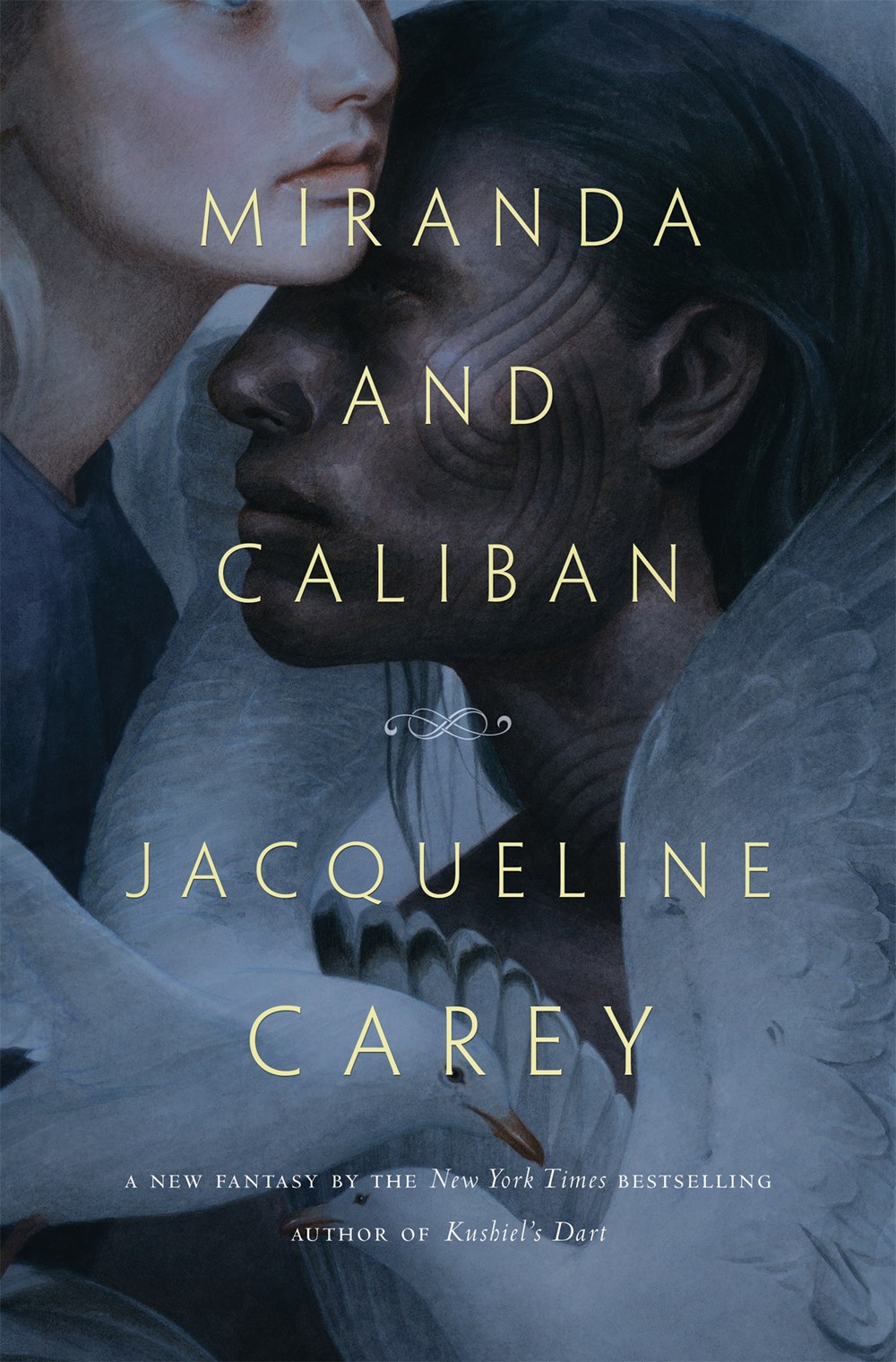
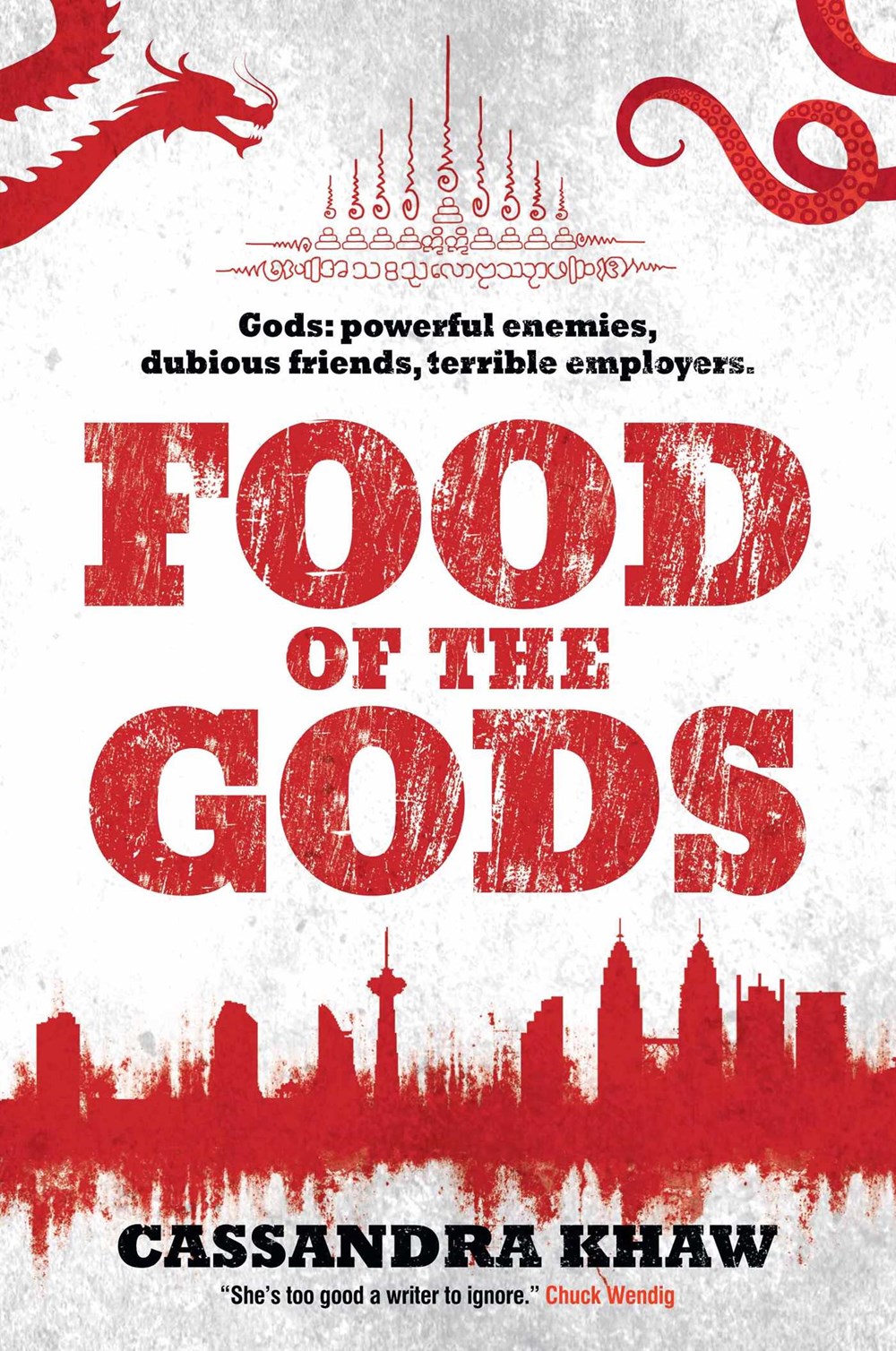
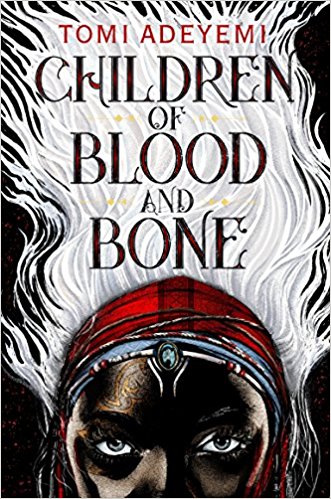




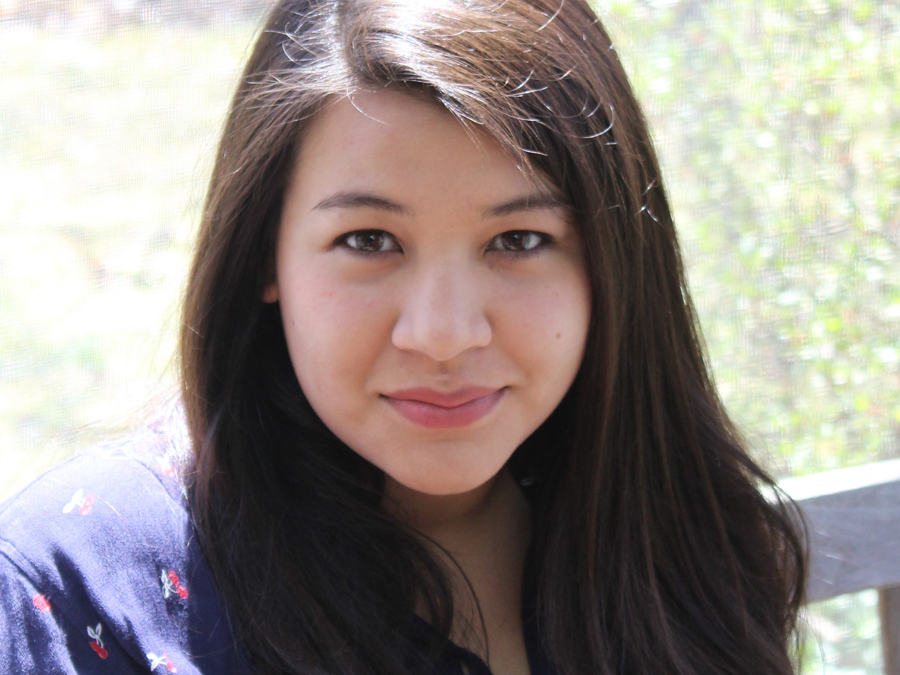
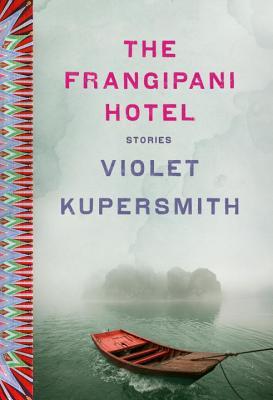
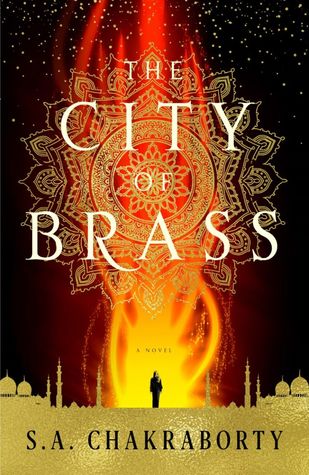
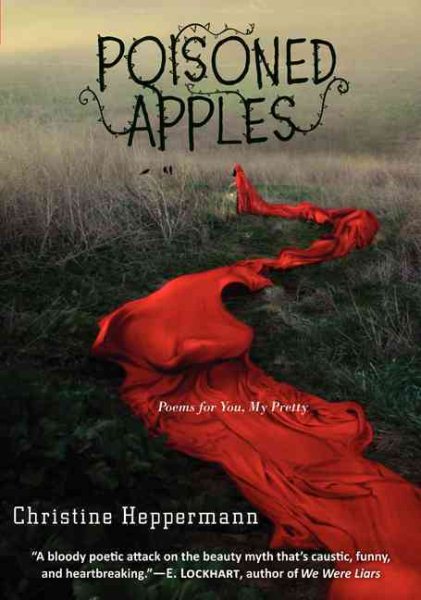

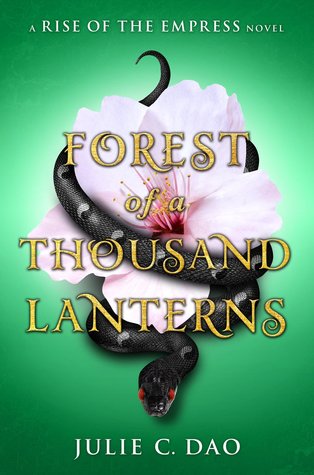
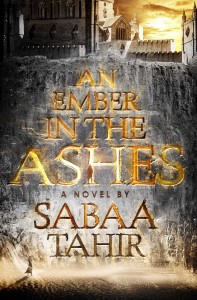
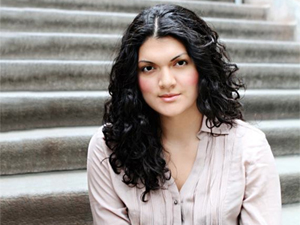

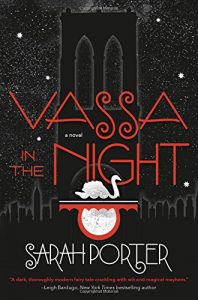

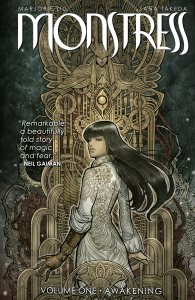



Connect with the Sirens community
Sign up for the Sirens newsletter